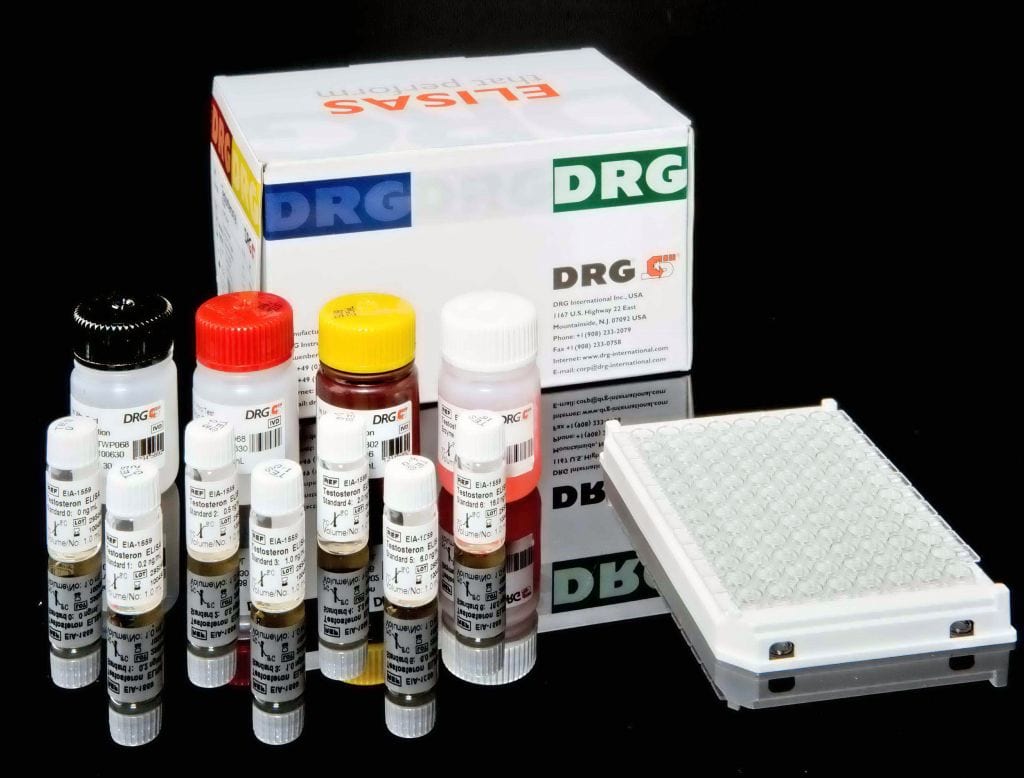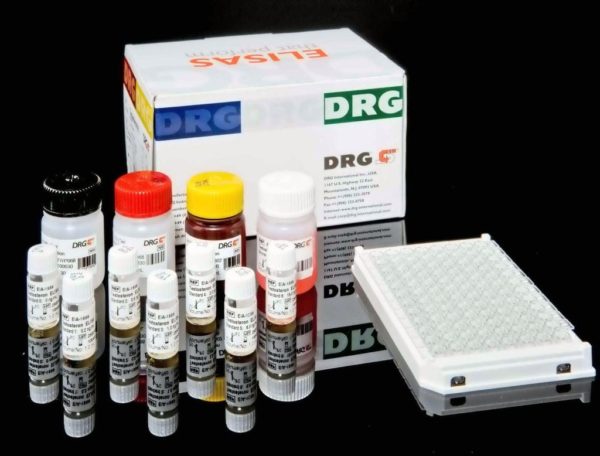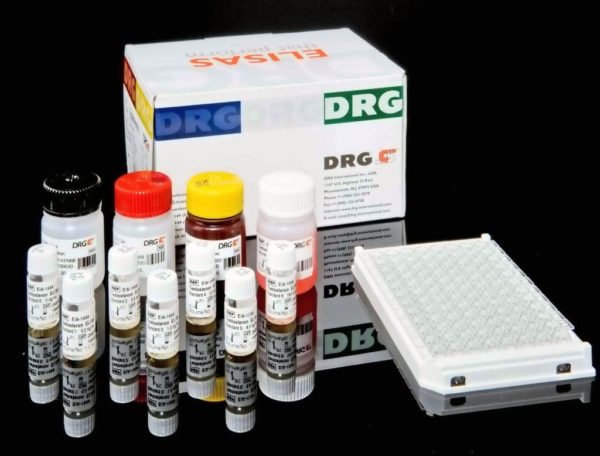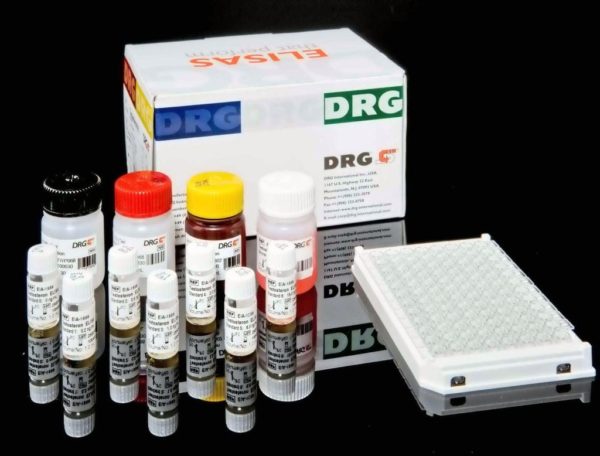Description
Anti-ASGPR is used for the semi-quantitative determination of IgG antibodies to asialoglycoprotein receptor (ASGPR) in human serum or plasma.
ASGPR is a liver specific membrane receptor playing a pivotal role in the endocytosis of glycoproteins from the blood. An induction of humoral and cellular immune mechanisms to the ASGPR has been observed in the course of inflammatory liver disorders especially autoimmune hepatitis. The level of ASGPR autoantibodies correlates with the severity of the disease and declines under therapy. The group of primary autoimmune liver disease (PAL) comprises autoimmune hepatitis (AIH), primary biliary cirrhosis (PBC) and primary sclerosing cholangitis (PSC). Autoimmune hepatitis is a chronic inflammation of the liver with a yet unknown etiology. It comprises mild clinical forms as well as severe progressive hepatitis with lethal outcome. Females are more frequently affected. Clinical signs of the disease can occur as early as in their twenties. Patients suffering from AIH show a variety of autoantibodies. Due to the appearance of different antibody specificities classification of AIH into different subgroups is discussed. Type I is characterized by the occurrence of
antinuclear antibodies (ANA) and antibodies to smooth muscles (ASMA). For type II a high prevalence of antibodies to liver and kidney microsomal antigens (LKM) has been described. LC1 antibodies are specific for type II hepatitis, too. Patients with type III autoimmune hepatitis exhibit antibodies to the soluble liver antigen (SLA). ASGPR autoantibodies can be detected in sera of up to 76% of patients suffering from AIH. However, patients with viral hepatitis may develop ASPGR autoantibodies, too. Therefore a viral genesis of the liver disorder should be excluded.Determination of autoantibodies to ASGPR supports the follow-up and the differential diagnosis of toxic and other chronic inflammatory liver disorders.
Anti-ASGPR is an enzyme immunoassay for the semi-quantitative determination of IgG antibodies to ASGPR. The antibodies of the calibrators and diluted patient samples react with ASGPR immobilized on the solid phase of microtiter plates. ASGPR highly purified from rabbit liver and coated on the microtiter plate guarantees the specific binding of ASGPR IgG antibodies of the specimen under investigation. Following an incubation period of 60 min at 37 °C, unbound serum components are removed by a washing step. The bound IgG antibodies react specifically with anti-human-IgG conjugated to horseradish peroxidase (HRP) within an incubation period of 30 min at 37 °C. Excessive conjugate is separated from the solid-phase immune complexes by the following washing step. Horseradish peroxidase converts the colorless substrate solution of 3,3Õ,5,5Õ-tetramethylbenzidine (TMB) added into a blue product. The enzyme reaction is stopped by dispensing an acidic solution (H2SO4) into the wells after 10minutes at room temperature turning the solution
from blue to yellow. The optical density (OD) of the solution at 450 nm is directly proportional to the amount of specific antibodies bound.




